Understanding Schengen Rules for Foreigners: A Comprehensive Guide.
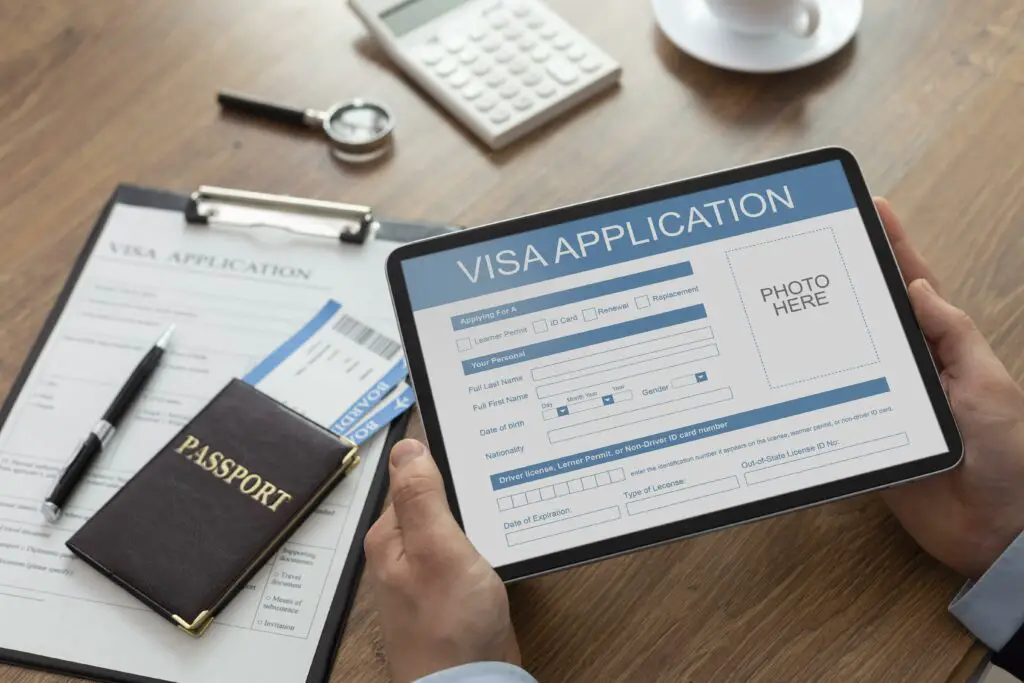
Introduction to the Schengen Agreement and its Significance for Foreigners
Hey there! Have you ever heard of the Schengen Area and Visa? Signed in 1985, is one of the most significant milestones in European integration, facilitating the free movement of people within the Schengen Area. Comprising 26 European countries, this agreement has abolished internal border controls, allowing individuals to travel seamlessly across member states.
Understanding the rules and regulations of the Schengen Agreement is essential for foreigners planning to visit or stay in Europe. This comprehensive guide aims to provide a clear understanding of the Schengen rules for foreigners, including information about Schengen visas, duration of stay, entry limitations, border procedures, visa-free travel, visa extension, and visa revocation.
Whether you are a tourist, student, or business traveler, this article will serve as a valuable resource to navigate through the complexities of the Schengen Agreement and ensure a smooth and hassle-free experience in Europe.
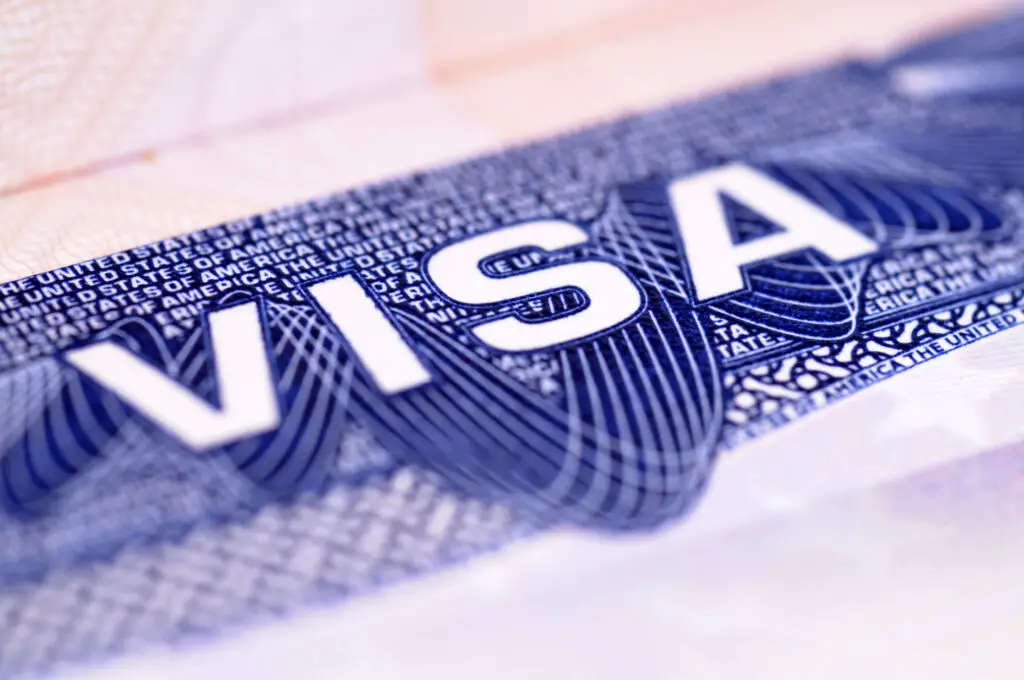
Introduction to the Schengen Agreement and its Significance for Foreigners
What is the Schengen Agreement?
The Schengen Agreement is like the ultimate VIP pass for travelers in Europe. It’s a treaty signed by 26 European countries (we’re talking the cool kids like France, Germany, and Spain) that allows for the abolishment of border controls between them.
Essentially, it means you can hop from one country to another without having to show your passport every time you cross a border. It’s like the ultimate dream for anyone with wanderlust.
Benefits of the Schengen Agreement for Foreigners
Oh, the benefits! Where do I even begin? For starters, thanks to the Schengen Agreement, you can explore multiple countries without the hassle of applying for separate visas.
It’s like having a magical passport that grants you access to a whole bunch of amazing places. Plus, you can say goodbye to those long queues at immigration checkpoints. Just flash your Schengen visa and wave goodbye to the hassle.

Schengen Visa: Types, Application Process, and Requirements
Overview of Schengen Visa Types
So, you wanna get your hands on a Schengen visa? Well, there are different types to choose from depending on your purpose of visit. Whether you’re planning a vacation, going to business meetings, or dreaming of studying abroad, there’s a visa for you.
Just make sure you apply for the right one, or you might end up having to explain why you’re carrying a surfboard to a business conference.
Step-by-Step Guide to Schengen Visa Application
Applying for a Schengen visa can be a bit of a bureaucratic dance, but fear not, I’ve got your back. I’ll guide you through the process, step by step, so you can dance your way to that European adventure.
From filling out the application form to collecting your documents, I’ll sprinkle some insider tips along the way to make sure you’re well-prepared.

Essential Requirements for Obtaining a Schengen Visa
So, what do you need to score that golden ticket? Besides filling out the application form (duh!), you’ll need a few things like a valid passport, travel insurance (don’t leave home without it), and proof of funds (gotta show them the money, honey).
Oh, and don’t forget the mandatory passport photos where you’re required to pose like a deer caught in headlights. Good times!
Duration of Stay and Entry Limitations in the Schengen Area
Maximum Stay Allowed in the Schengen Zone
How long can you frolic around in the Schengen Zone, you ask? Well, it depends on the type of visa you have. Tourists usually get a maximum stay of 90 days within any 180-day period. So, plan your trips wisely and don’t overstay your welcome, unless you want some stern looks from the immigration officers.
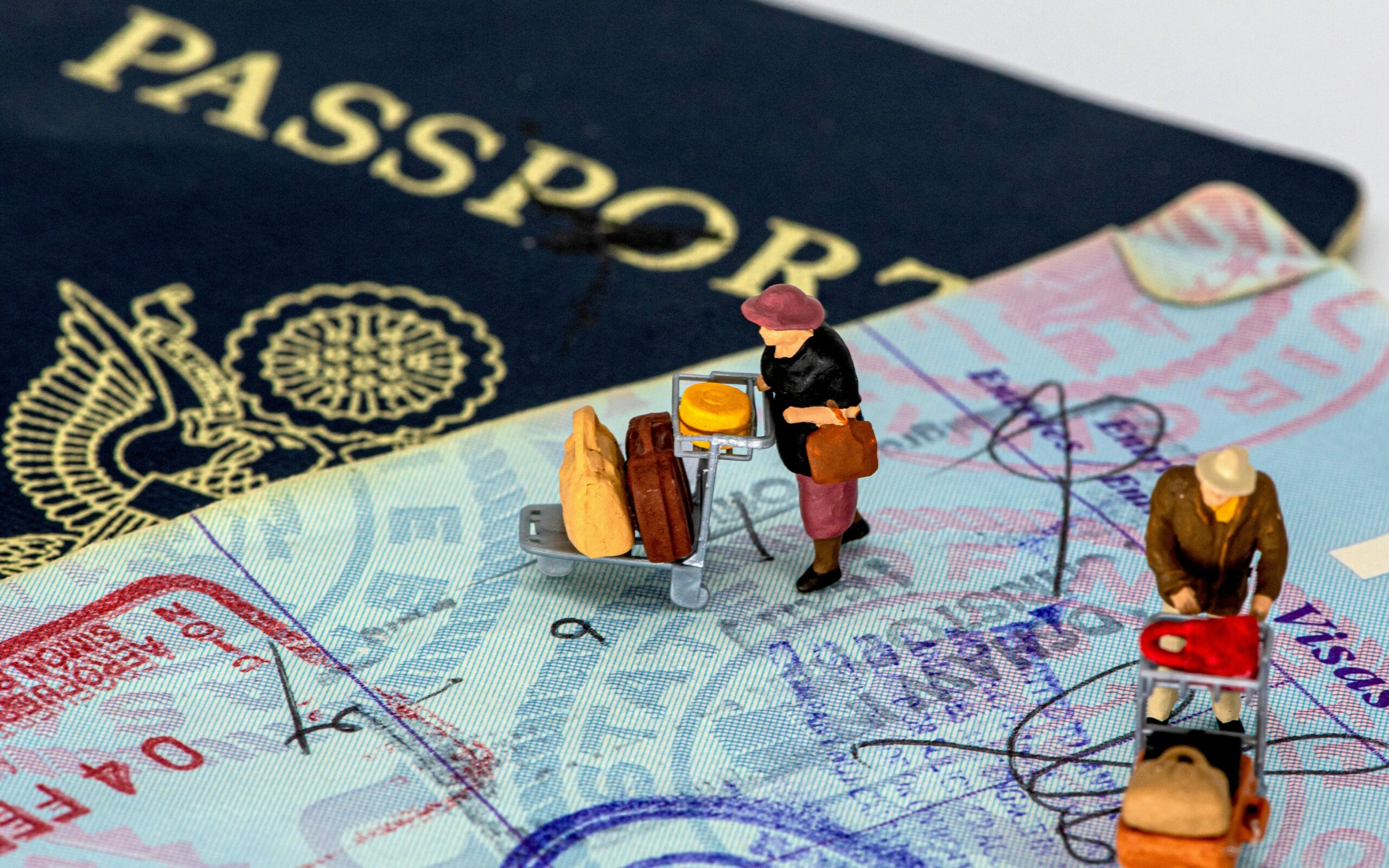
Understanding the 90/180 Rule for Schengen Visas
Now, here’s where math comes into play (yay?). The 90/180 rule is like a confusing equation that determines how many days you can stay in the Schengen Area. Basically, within any 180-day period, you can only stay for a total of 90 days. Keep an eye on your calendar, folks! It’s a game of numbers, but I believe in you.
Re-entry Restrictions and Exceptions
Let’s talk about re-entry. If you’re planning to leave the Schengen Area and come back for more adventures, there are certain restrictions and exceptions you need to be aware of. Don’t worry, it’s not as complicated as it sounds. I’ll break it down for you in simple terms, so you can navigate the rules like a pro.
Schengen Borders and Travel within the Schengen Zone
Entry and Exit Procedures at Schengen Borders
Crossing borders can be both exciting and nerve-wracking. But fear not, my friend! I’ll walk you through the entry and exit procedures at Schengen borders, so you can glide through like a seasoned traveler. From passport control to customs checks, I’ll give you some tips to make the process a breeze.
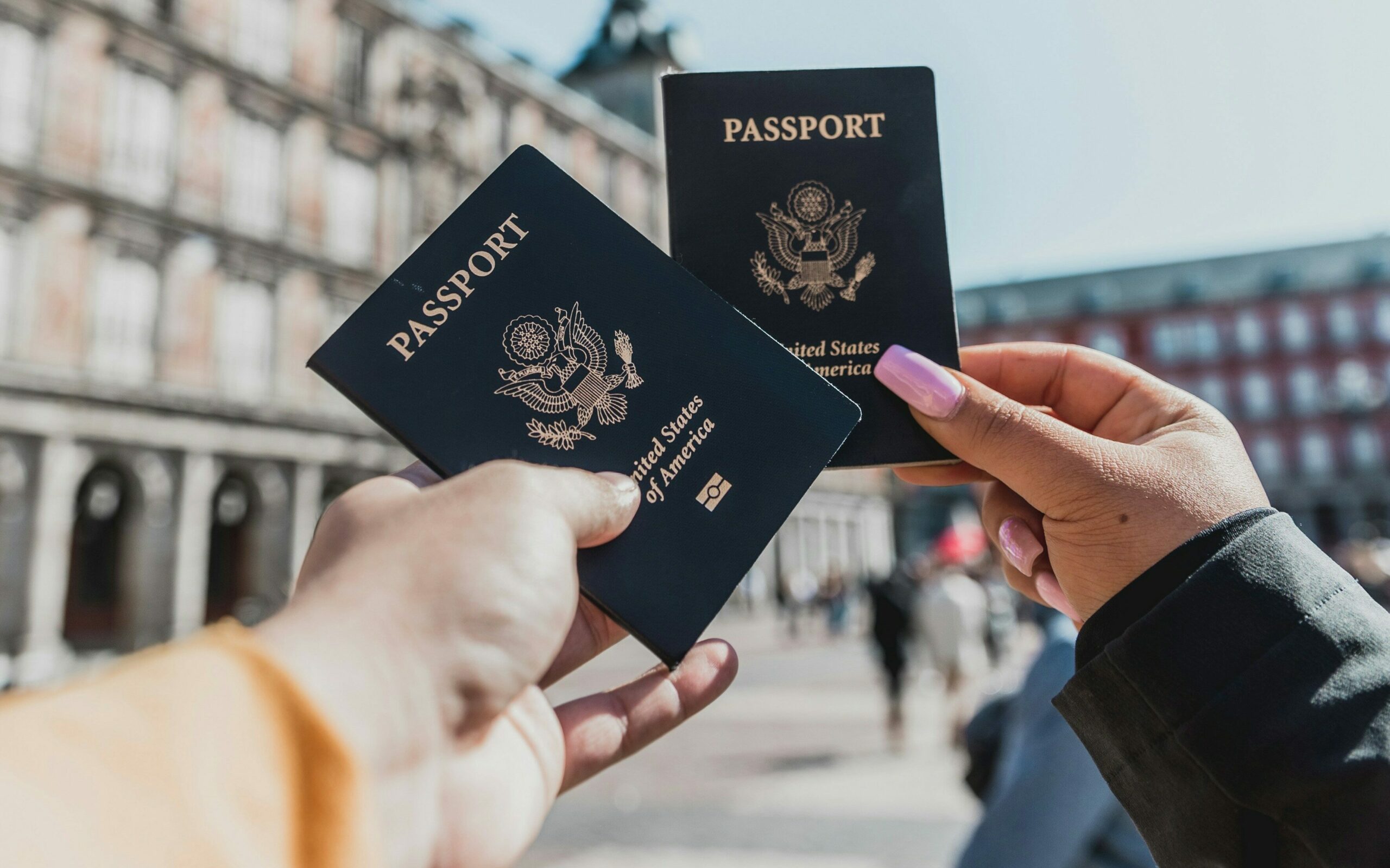
Freedom of Movement within the Schengen Zone
Once you’re inside the Schengen Zone, it’s like stepping into a border-free wonderland. You’re free to travel between countries without any passport control. No more paperwork, no more stamps. Just pure wanderlust at its finest. So, go ahead and explore to your heart’s content. The Schengen Zone is your oyster!
Crossing Internal Borders: Do’s and Don’ts
Now, before you get too carried away with your newfound freedom, there are still a few do’s and don’ts to keep in mind when crossing internal borders within the Schengen Zone. I’ll share some handy tips to ensure smooth sailing and avoid any unnecessary drama. Trust me, you don’t want to end up as the star of a border control reality show.
Understanding Schengen Visa-Free Travel for Eligible Nationals
Traveling without a visa sounds like a dream come true, right? Well, for nationals of certain countries, it’s a reality within the Schengen area. So, let’s dive into the wonderful world of visa-free travel.
Overview of Visa-Free Travel for Nationals of Certain Countries
Imagine walking through the streets of Paris or exploring the canals of Amsterdam without having to worry about obtaining a visa. Nationals from certain countries are eligible for visa-free travel within the Schengen area, which includes 26 European countries.
Duration and Limitations of Visa-Free Travel
Before you start planning your European adventure, it’s important to know the limitations of visa-free travel. Typically, visitors from eligible countries can stay in the Schengen area for a maximum of 90 days within a 180-day period. It’s like a free trial, but with a time limit.
Important Considerations for Visa-Free Travelers
While visa-free travel may seem like a breeze, there are a few things to keep in mind. First, make sure you have a valid passport with at least six months of validity remaining. Second, remember that visa-free travel only allows for tourism, business, or family visits—not for long-term stays or employment. And finally, don’t forget travel insurance! It’s always smart to have a safety net in case of any unexpected mishaps.
Extending Schengen Visa: Procedures and Considerations
So, your time in the Schengen area is coming to an end, but you’re not ready to say goodbye just yet. No worries! Extending your Schengen visa is a possibility. Let’s explore the procedures and considerations involved.
Reasons for Extending a Schengen Visa
There are several valid reasons why you might need to extend your Schengen visa. Maybe you fell head over heels for the charming streets of Vienna and want to explore more. Or perhaps you have some unfinished business meetings in Berlin. Whatever the reason, it’s essential to provide a strong justification for extending your stay.

Process of Extending a Schengen Visa
Extending your Schengen visa involves a bureaucratic dance, but hey, it’s worth it for more time in Europe, right? The first step is to apply for an extension at the appropriate Schengen country’s embassy or consulate. Be prepared to provide supporting documents, such as proof of accommodation, travel insurance, and proof of sufficient financial means to support yourself during the extended stay.
Factors to Consider Before Applying for an Extension
Before you jump into the extension process, there are a few factors to consider. First, extensions are generally granted for exceptional circumstances, so be sure to have a strong case.
Second, keep in mind that extensions are not guaranteed, and the decision lies solely in the hands of the Schengen country’s authorities. Finally, remember that extending your visa once does not grant you unlimited stays—there are still limits to the total duration of your stay within the Schengen area.
Schengen Visa Revocation and Consequences for Foreigners
Oops! It seems someone’s Schengen visa got revoked. Trust us; it’s not a situation you want to find yourself in. Let’s break down the reasons behind visa revocation and the consequences for foreigners.

Reasons for Schengen Visa Revocation
Visa revocation can happen for various reasons. Unsurprisingly, breaking the rules is a surefire way to get your visa revoked. This includes engaging in illegal activities, overstaying your allowed period, or providing false information during the visa application process. So, play it safe and stick to the straight and narrow path.
Consequences of Schengen Visa Revocation for Foreigners
Revocation of your Schengen visa can bring a whirlwind of consequences. First and foremost, you’ll have to leave the Schengen area immediately. Depending on the circumstances, you might face a ban from reentering the Schengen area for a specific period, or worse, a permanent ban. Not to mention the potential impact on your future visa applications. So, follow the rules and keep your visa intact!
Steps to Take if Your Schengen Visa is Revoked
If your Schengen visa gets revoked, take a deep breath and follow the necessary steps. Contact your embassy or consulate for guidance and assistance. They will provide you with the most accurate information and help you navigate through the process. Remember, getting back on track is possible with the right support.
Schengen Visa Denial: What to Do Next?
Denied! The dreaded word that no traveler wants to hear when applying for a Schengen visa. But fear not, there’s still hope. Let’s explore what to do next if your Schengen visa application gets denied.
Common Reasons for Schengen Visa Denial
There are several reasons why your Schengen visa might be denied. It could be due to insufficient documentation, lack of proof of accommodation or financial means, or even doubts about your intention to return to your home country. Understanding these common reasons can help you avoid them in the future.
Actions to Take if Your Schengen Visa is Denied
Don’t let the denial bring you down! It’s time to take action. First, try to understand the specific reason for the denial. This information will guide your next steps. You can either appeal the decision or reapply, making sure to address any shortcomings highlighted in the rejection. Consulting an immigration lawyer or seeking advice from an expert can also be beneficial in navigating the process.
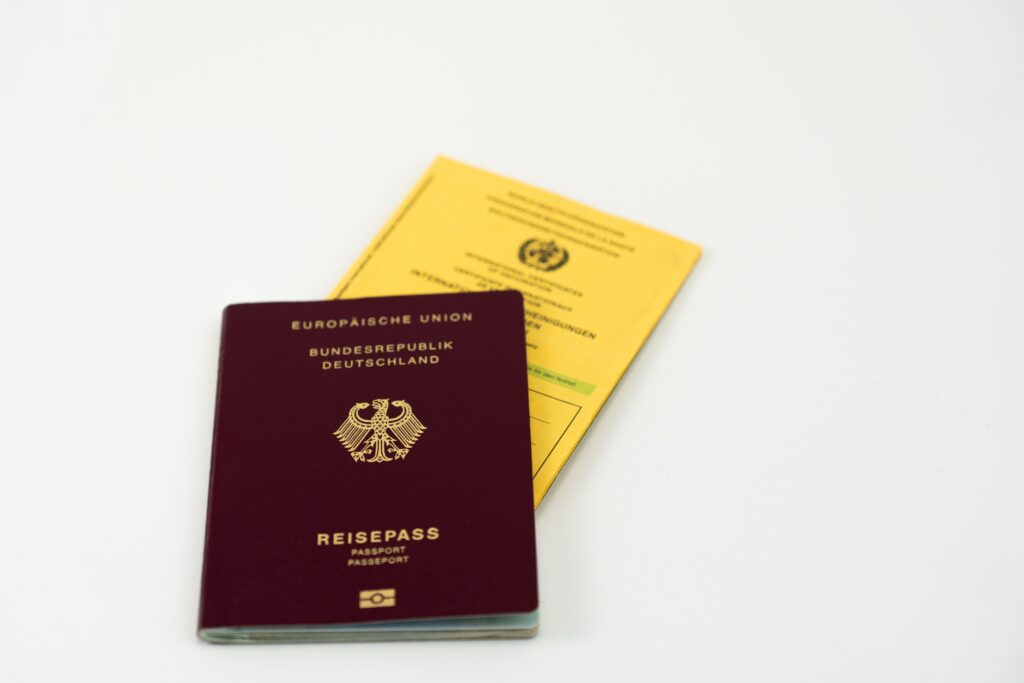
Alternatives to Consider if Denied a Schengen Visa
If reapplying or appealing doesn’t seem like the right path for you, there are other alternatives to consider. Explore visa-free travel options to countries outside the Schengen area. There are plenty of amazing destinations that might not require a visa or have more favorable visa policies.
Remember, the world is vast, and there are endless opportunities for travel. Don’t let a denied visa dampen your wanderlust. In conclusion, understanding the Schengen rules for foreigners is crucial for anyone planning to travel or stay in Europe.
By familiarizing yourself with the different types of Schengen visas, knowing the requirements for entry and duration of stay, and being aware of the procedures for extending or revoking a visa, you can ensure a hassle-free and legal experience within the Schengen Area.
Remember to always stay informed, follow the regulations, and seek any necessary guidance or assistance from the relevant authorities. With this comprehensive guide, we hope to have provided you with the necessary information to navigate the Schengen rules confidently and enjoy your time exploring the wonders of Europe. Safe travels!
FAQ
Q: Do I need a Schengen visa to travel to Europe?
A: Whether you need a Schengen visa or not depends on your nationality. Nationals of certain countries are exempt from the visa requirement and can travel to the Schengen Area visa-free for a limited period. However, if your country is not on the visa-exempt list, you will need to apply for a Schengen visa before your trip.
Q: Can I travel freely within the Schengen Area with a Schengen visa?
A: Yes, with a valid Schengen visa, you can travel freely within the Schengen Area. There are no internal border controls, allowing you to move between member states without passport checks. However, it is important to note the maximum duration of stay and comply with the 90/180 rule, which limits the number of days you can spend in the Schengen Zone.
Q: Can I extend my Schengen visa if I need more time in the Schengen Area?
A: Under certain circumstances, it is possible to extend your Schengen visa. However, extensions are typically granted for exceptional reasons, such as medical emergencies or unforeseen circumstances. It is important to consult the relevant authorities and follow the proper procedures for requesting a visa extension well in advance of your visa’s expiry date.
Q: What are the consequences of Schengen visa revocation?
A: Schengen visa revocation can have serious consequences, including being banned from entering the Schengen Area for a specific period or even permanently. Visa revocation can occur due to various reasons, such as violation of visa conditions, providing false information, or engaging in illegal activities. It is essential to abide by the rules and regulations of the Schengen Agreement to avoid any adverse consequence
Q:Is travel insurance mandatory for Schengen visa holders?
Yes, travel insurance is mandatory for Schengen visa holders. It is a requirement to have sufficient travel insurance coverage that meets the minimum criteria set by the Schengen Agreement. The insurance should cover medical expenses, repatriation, and emergency hospitalization throughout your stay in the Schengen Zone.




